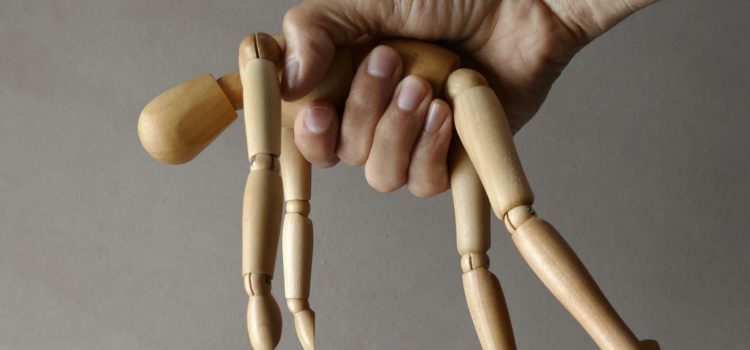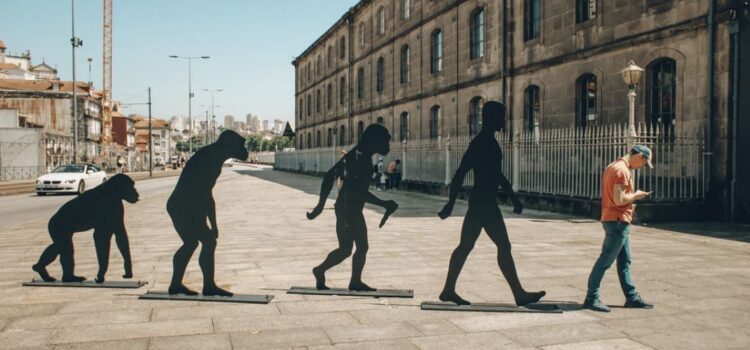What are the StrengthsFinder strengths? How are they described? What are your top strengths? In StrengthsFinder 2.0, Tom Rath describes the 34 innate abilities the StrengthsFinder test looks for. He also provides suggestions for capitalizing on your innate ability to achieve your greatest potential. Even if you read this book without taking the test, you’ll learn about the different strengths you might have and how to build upon them to find success. Alongside descriptions of the 34 innate abilities, we provide commentary on further ways to grow your ability, potential downsides to certain abilities, and situations in which everyone should
What Are the StrengthsFinder Strengths?










